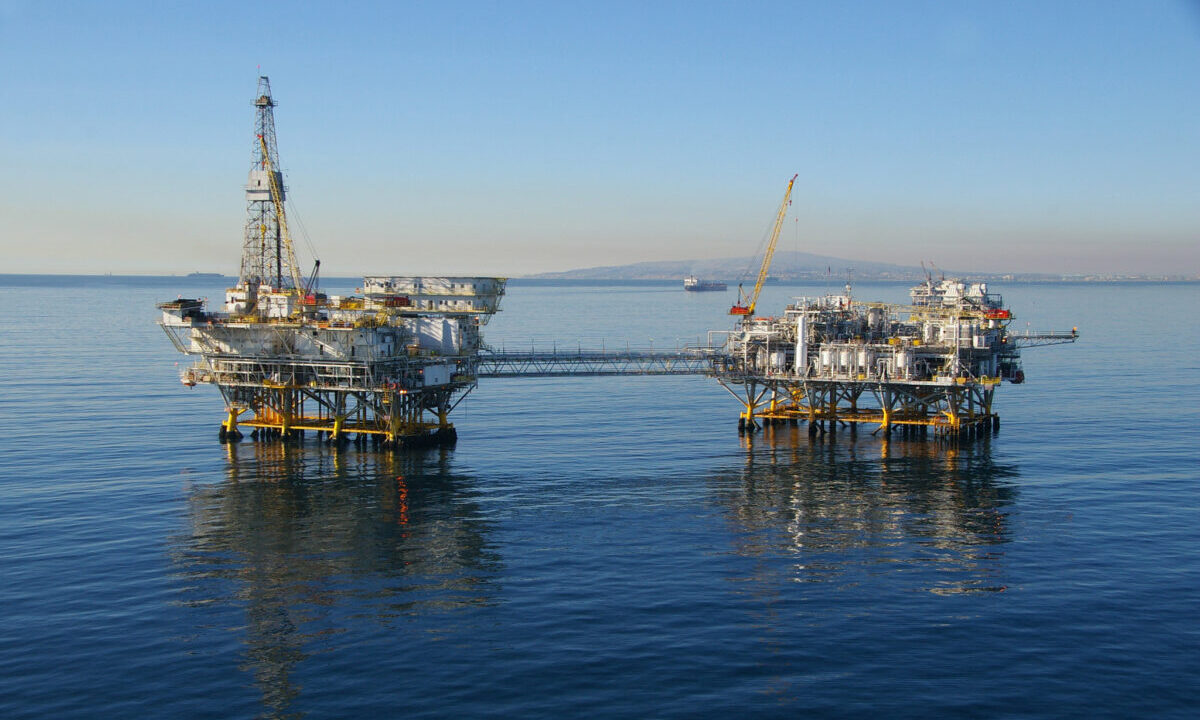Saudi Arabia to cut oil supply, U.S. may face pricier gas.
Saudi Arabia to Cut Oil Exports in Effort to Stabilize Prices
Get ready for a change in oil prices. Saudi Arabia has announced that it will be cutting back on the amount of oil it exports to the world economy in an effort to support the sagging price of crude after two earlier supply cuts by major oil-producing nations in the OPEC+ alliance failed to do so.
The other OPEC+ members also decided to extend earlier production cuts through next year during a conference in Vienna, which coincides with the Saudi Arabian cut of 1 million barrels per day set to begin in July.
At a press briefing, Saudi Energy Minister Abdulaziz bin Salman referred to the reduction as a “lollipop,” adding that “we wanted to ice the cake.” He stated that the cut might be prolonged and that the group “will do whatever is necessary to bring stability to this market.”
What Does This Mean for Oil Prices?
Jorge Leon, senior vice president of oil markets research at Rystad Energy, predicted that the new cut would likely increase oil prices in the short term, but that the long-term effect would depend on Saudi Arabia’s decision to extend it.
This decision provides “a price floor because the Saudis can play with the voluntary cut as much as they like,” he said.
“Gas is not going to become cheaper,” Leon said. “If anything, it will become marginally more expensive.”
The uncertainty surrounding the outlook for petroleum consumption in the upcoming months is highlighted by the Saudis’ belief that another cut is required. While there are worries about economic weakening in the United States and Europe, China’s recovery from COVID-19 restrictions has lagged below expectations.
Why Does Saudi Arabia Need to Maintain High Oil Revenues?
In order to finance ambitious development initiatives intended to diversify the Saudi economy, the nation needs to maintain consistently high oil revenues.
According to the International Monetary Fund (IMF), the monarchy needs oil prices to be $80.90 per barrel in order to achieve its projected expenditure obligations, which include a $500 billion initiative to build a futuristic desert city called “Neom.”
While oil-producing nations like Saudi Arabia require cash to support their national budgets, they also need to consider how rising oil prices may affect oil-consuming nations.
Too-high oil prices can fuel inflation, reduce consumer purchasing power, and force central banks, like the U.S. Federal Reserve, to raise interest rates further. This, in turn, could further impede economic growth.
Stay informed! Receive breaking news blasts directly to your inbox for free. Subscribe here. https://www.oann.com/alerts
" Conservative News Daily does not always share or support the views and opinions expressed here; they are just those of the writer."





Now loading...